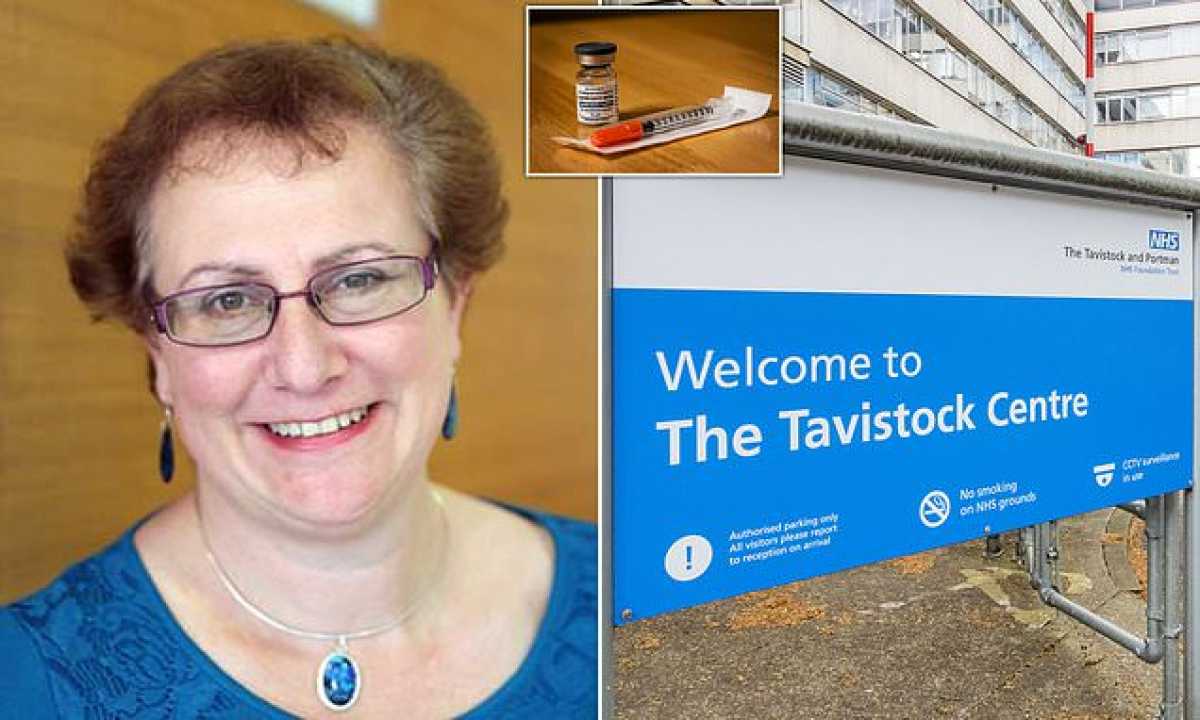Health
Controversy Surrounds NHS England’s Decision to Limit Puberty Blockers for Minors

NHS England recently made a significant decision to restrict the routine prescription of puberty blockers for minors, citing concerns over the treatment’s efficacy and potential side effects. This move comes after a review of research conducted by the National Institute for Health and Care Excellence in 2020, which highlighted uncertainties surrounding the use of puberty suppressing hormones.
Under the new policy, children and young people in England will no longer be routinely prescribed puberty blockers, with the treatment only available as part of research studies. While fewer than 100 individuals are currently receiving puberty blockers in England, they will be allowed to continue their treatment, and new prescriptions will be limited pending the launch of a research protocol.
U.K. Secretary of State for Health and Social Care Victoria Atkins expressed support for the decision, emphasizing the importance of evidence-based care for children’s health and wellbeing. LGBTQ+ activist organizations such as Stonewall echoed the need for research while raising concerns about the impact on trans and gender diverse youth awaiting hormone care referrals.
In Canada, the Canadian Paediatric Society and Canadian Medical Association have voiced their support for gender-affirming care, including the use of hormone blockers for minors. The controversy surrounding puberty blockers has also reached Alberta, where Premier Danielle Smith announced plans to introduce similar restrictions, supported by Federal Conservative Leader Pierre Poilievre.
The announcement by NHS England has sparked debate and criticism, with organizations like Mermaids expressing disappointment over the limitation of support for trans children and young people. The advocacy for evidence-based care and the impact on minors exploring their gender identity have become central issues in the ongoing discussion surrounding puberty blockers.












